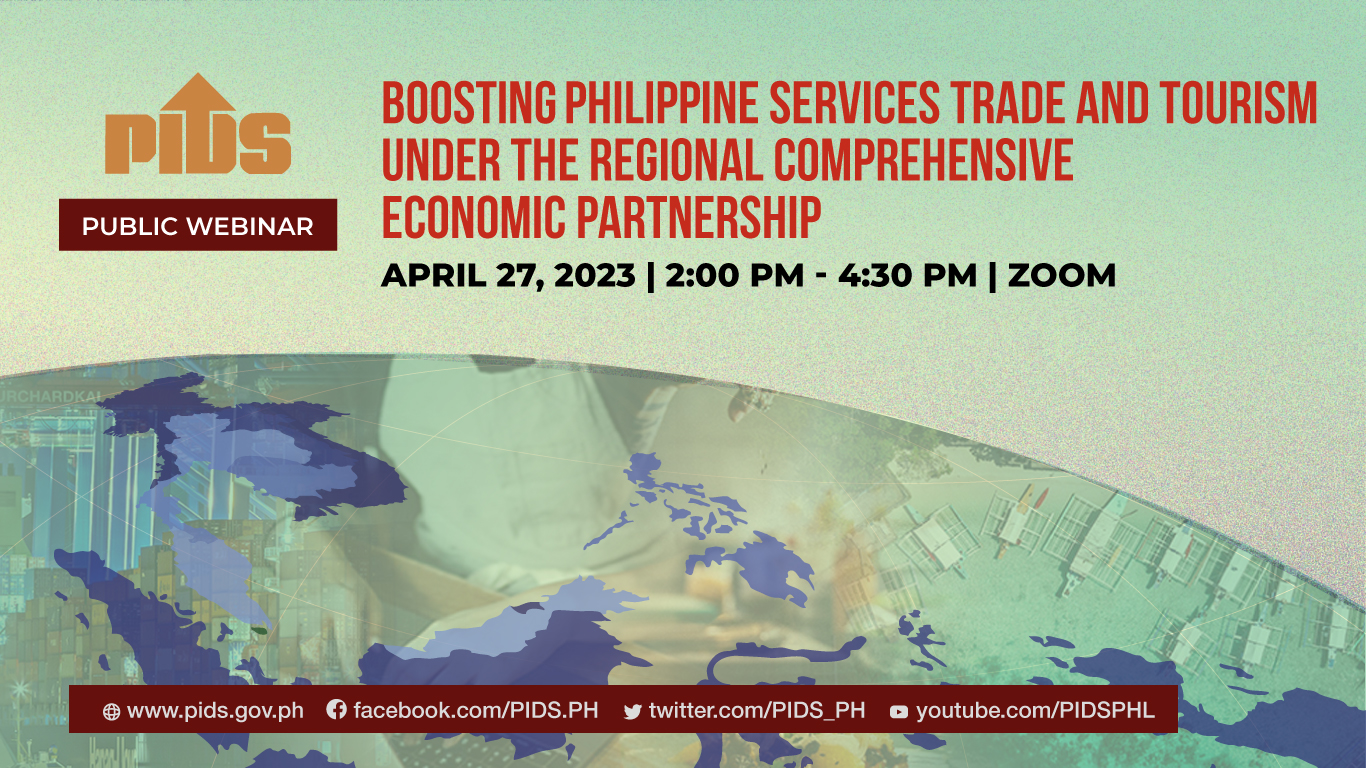A study from the Philippine Institute for Development Studies (PIDS) underscores the vast potentials possessed by the Philippines to become the "heart of services trade” in Asia Pacific.
The study authored by Dr. Ramonette Serafica, research consultant of the state think tank, found out that services sector has significantly contributed to the Philippine economy in increasing employment, investment, and revenue generation.
The sector represents 44.15 percent in gross exports in terms of service value added, but there are still vast opportunities left untapped to fully exploit its role in the economy.
The country’s services sector identified in the study includes the information technology-business process outsourcing industry, ship repair, and overseas Filipino workers.
The main source of the country’s comparative advantage in the IT-BPO industry is its pool of skilled, semi-skilled, and low-skilled workers as well as technological changes in ICT and business models that are leaned toward outsourcing and offshoring.
A strong labor force, strategic geographical location and deep offshores are plus factors for the country when it comes to the ship repair sector.
Nevertheless, Serafica noted in her study that despite the country’s decades of experience as a supplier of labor, there should be a comprehensive services export initiative to help facilitate the overseas expansion of other services and an umbrella program dedicated to services exports that would help create the country as a valuable brand in services trade.
The author also noted that based on the World Bank’s services trade restrictiveness index (STRI), the Philippines has one of the most restrictive policy environments for services
She suggested that a government policy on innovation and human resource development (HRD) be implemented to further create an environment conducive to improving competitiveness.//












